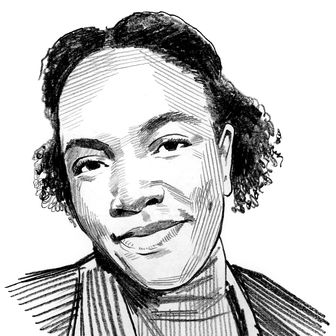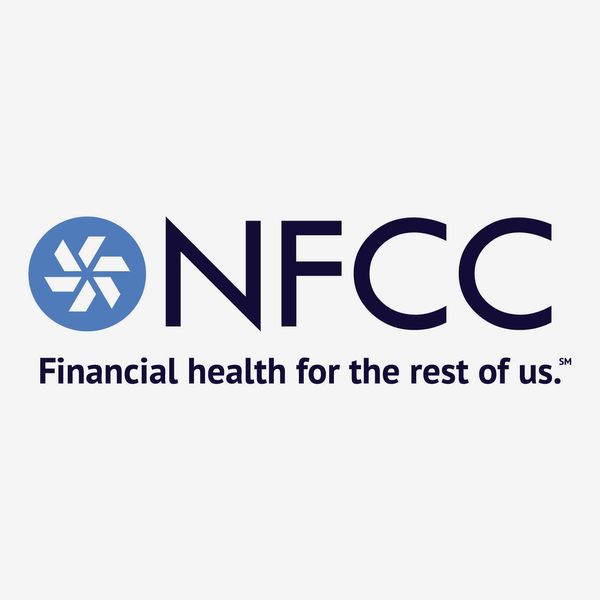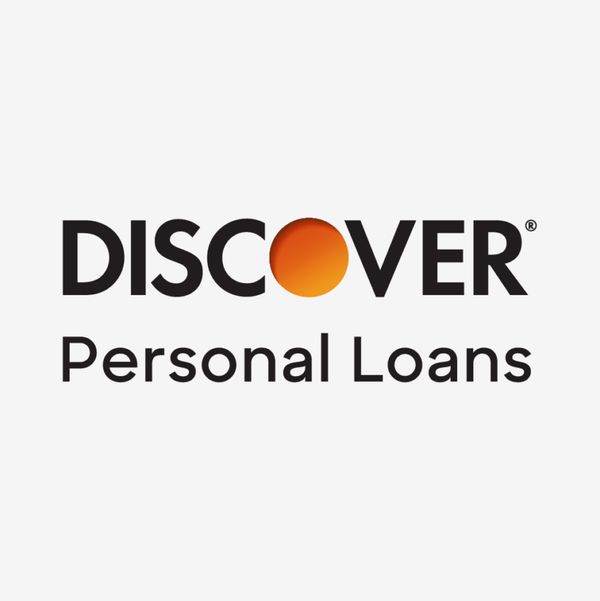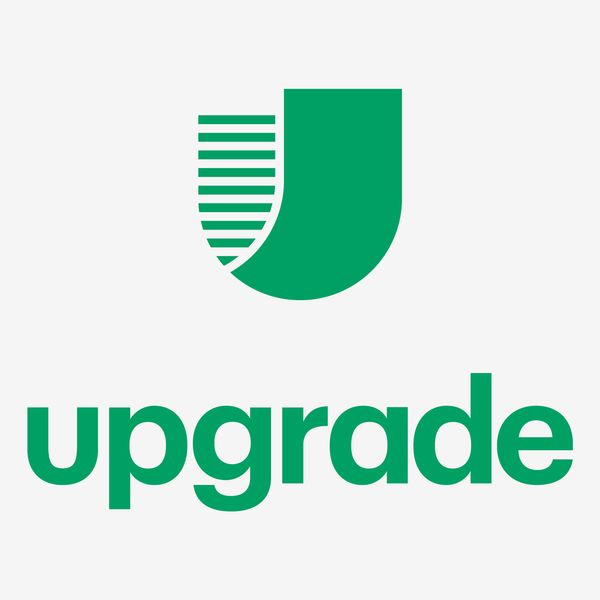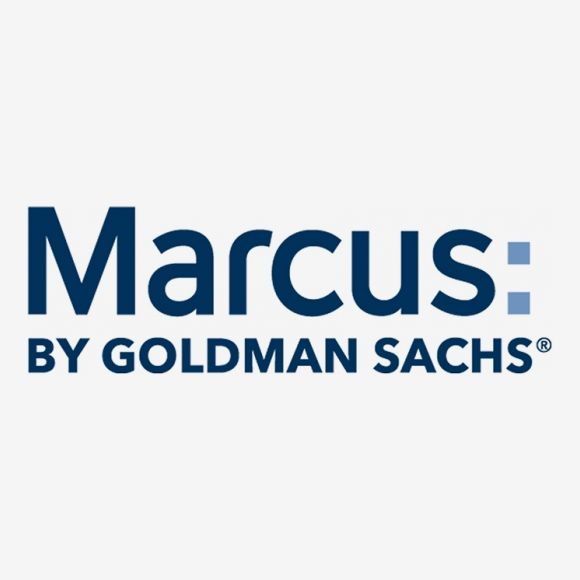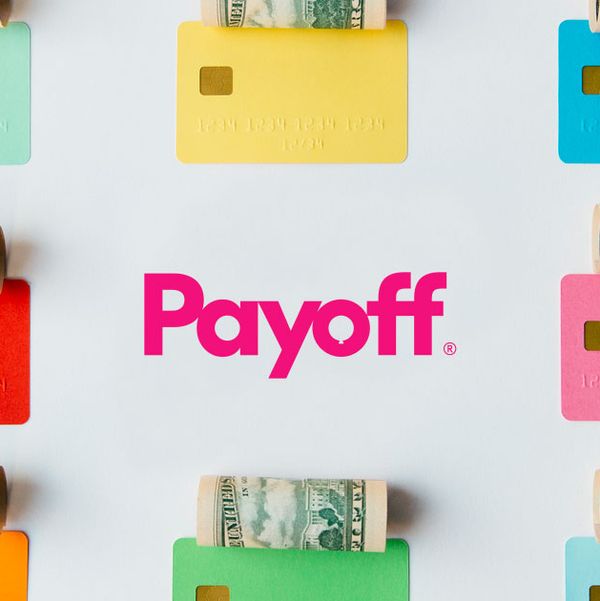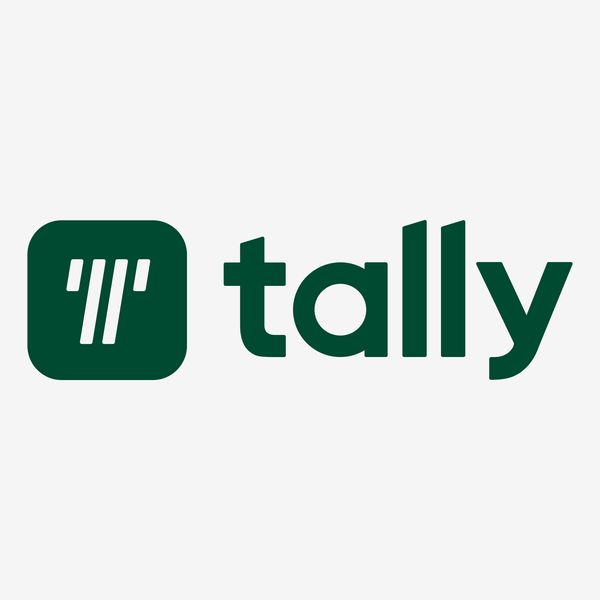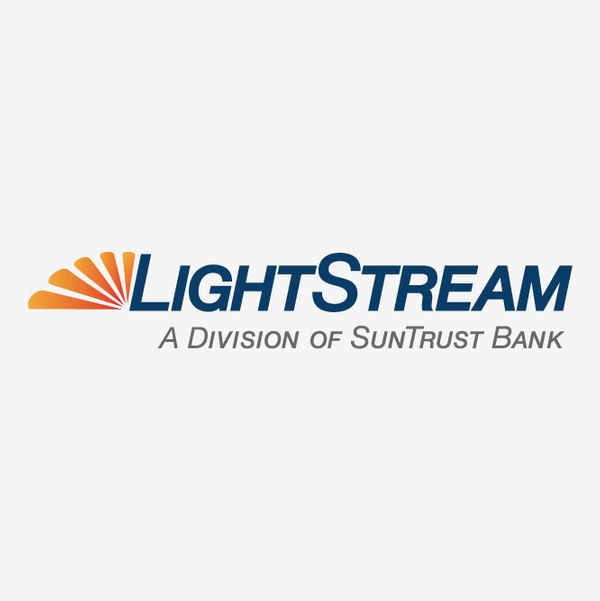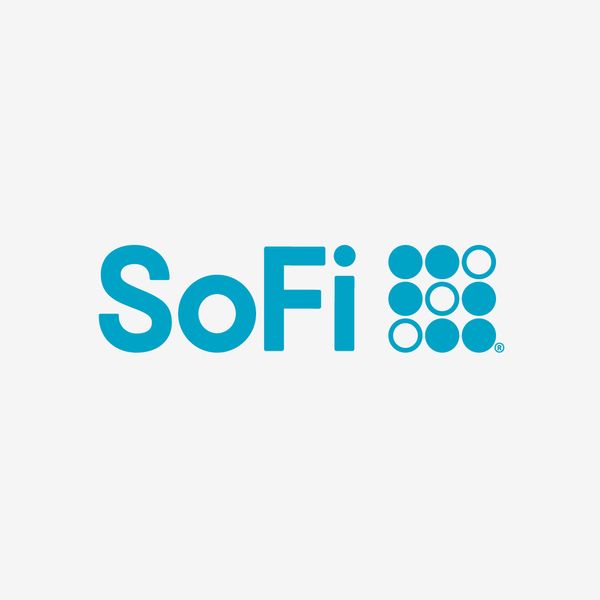
If your debt is unmanageable — you’re drowning in multiple monthly payments, only paying on the interest, or just can’t keep track of it all — and you’re considering debt consolidation, there are a few things to know before you make your decision, starting with what it is. “Debt consolidation takes multiple debts, like credit cards and high-interest loans, and rolls them into a single monthly payment,” says Annie Millerbernd, personal loans expert at NerdWallet. She adds that “it’s usually done with a balance transfer card or a personal loan.”
Debt consolidation has become a buzzy topic because emerging fintech companies, like SoFi and Tally, so we’ll be focusing on those, though getting a loan from a bank or credit union you’re already affiliated with is an option as well. No matter which option you choose, debt consolidation is “only a good idea if your new interest rate is lower than what you were paying on the debts before consolidating,” says Millerbernd. She’s one of six financial experts we spoke with, but they all say this is the most important factor. We’ve heard that interest rates for debt consolidation loans can range from 5 percent to as high as 36 percent; according to Tiffany Aliche, founder of the Budgetnista and author of Get Good With Money, “Anything under double digits is ideal, but typically you would have to have a really good credit score — in the 700s or above — and the assumption is if you had that credit score, you likely wouldn’t have the debt.” Aliche explains that “the closest you can get to under 10 percent is what you’re aiming for, but as long as it’s lower than what you’re paying now,” it’d be considered a good rate. The rate will depend on a number of factors — the size of your loan, the terms, the loan length, and, most importantly, your credit score — so it’s important to know your financial standing before making this decision. “Debt consolidation isn’t a get-out-of-debt-free card, and debt consolidation doesn’t eliminate or forgive your debt,” says Colleen McCreary, chief people officer and financial advocate at Credit Karma. “You’ll need to adopt good financial habits to stay debt-free.” Our experts agree that this might not be the best option for you if you’ll be tempted by a credit card with zero balance and get right back into debt with it.
You also might be wondering how taking out yet another loan will impact your credit score. According to McCreary, you might initially see a drop. You are taking out a new loan, which is viewed as a new risk, so that could make your score dip a few points. You’re also opening a new account, which will lower the average “age” of your credit (having a long credit history is viewed as a positive). On top of that, applying for a new loan requires a hard credit check, which can affect your score as well. Thankfully, you can check your interest rate with many of the services below without it affecting your credit score, which means you can try out multiple rates and find the best option for you without making what’s called a “hard inquiry” on your credit. As you pay off your debt, your score should improve as you have a lower credit utilization ratio. “This ratio, a measure of how much of your available credit you’re using, may fall when you open your new debt-consolidation account, because it will increase your available credit,” says McCreary. “Lower credit utilization may counter some of the negative effects of opening a new account.” Most importantly, though, you should focus on making on-time payments. “Payment history is the biggest factor in your credit scores, so you should always try to pay on time,” adds McCreay.
Ahead, the eight debt-consolidation services and loans our experts recommend.
Best debt-consolidation consulting service
This first one isn’t actually a lender, but a couple of our experts say the National Foundation for Credit Counseling (NFCC) is a great place to start. It’s a nonprofit organization that offers credit counseling and can help you make a plan and weigh all of your options. “I’ve sent people to them year after year and I’ve never heard of any ‘gotcha’ — that’s what I call a scam — and because they’re a nonprofit, they have to answer to more than just you. They’re answering to the federal government,” says Aliche. Lauren Silbert, VP of TheBalance.com, always recommends starting this process with research and says whoever the NFCC directs you to will be vetted, too. “The National Foundation for Credit Counseling certifies counselors and has specific requirements for member organizations, which can help narrow your choices to reputable lenders,” she says. Bruce McClary, the senior vice president of communications for the NFCC, says that if you aren’t in a serious state of delinquency and you’re just having trouble managing your debt, they would advise you to consider consolidation options. McClary recommends finding out the minimum credit score you’ll need to file for the loan, reading the reviews of each company on the Consumer Financial Protection Bureaus complaint database, and triple checking that the interest rate is favorable. In addition to being less than what you’re currently paying, he says it should be considerably lower to account for any additional fees. “If the difference in the interest rate is only within 2 or 3 percent of what you’re already paying,” the associated fees may mean it’s not worth it. With this guidance, we’ve listed all fees, APR ranges, and minimum credit scores to qualify for the loans below.
Best debt-consolidation loan if you have a high credit score
Recommended Minimum Credit Score: 720
Through Discover, you can get a personal loan between $2,500 and $35,000, and you can choose a repayment term that works for you, from 36 up to 84 months. It’s a favorite of both Silbert and Millerbernd. “Discover is a good debt-consolidation lender because they pay off your other debts for you when you get the loan,” explains Millerbernd, so you don’t have to worry about it sitting in your checking account and tempting you. Both rank it high on their respective websites for best personal loans for debt consolidation. The application process can be done entirely online and once approved, your funds could be available as soon as the next day. The interest rates range from 6.99 percent to 24.99 percent APR, and you can use Discover’s online calculator to determine what your rate would be without a hard inquiry on your credit. If you have more than just credit-card debt, like student loans or home loans, Discover has options for refinancing those as well. There are no fees associated with the loan, as long as you pay on time; a late payment will result in a $39 fee. This loan comes recommended for people with “excellent” credit, and NerdWallet lists the minimum credit score to qualify as 720.
Best debt-consolidation loan if you have a low credit score
Recommended Minimum Credit Score: 580
In addition to offering cash-back credit cards and debit cards, Upgrade offers personal loans to people even if they don’t have the best credit. According to NerdWallet, the minimum credit score to be approved is 580. It’s a great option if you don’t need to borrow that much money; it offers the smallest personal loan on this list, starting at $1,000, but you can request up to $50,000. The company’s repayment terms start on the lower end, offering terms between 24 months and 84 months. The APR can be between 5.94 percent and 35.97 percent and comes with an origination fee of between 2.9 percent and 8 percent. There is no penalty for paying early — which is something you’ll occasionally come across with personal loans — but a late payment will result in a fee of up to $10. Despite the fees, Millerbernd likes Upgrade because “they’ll give you a discount on your interest rate for letting them pay off your other creditors.” According to the website, you’ll also get a discount if you enroll in autopay.
Best no-fee debt-consolidation loan
Recommended Minimum Credit Score: 660
Silbert says that Marcus by Goldman Sachs is The Balance’s No. 1 pick for personal loans for debt consolidation for a number of reasons. Its interest rates range from 6.99 percent to 19.99 percent, and loan terms are anywhere between 36 to 72 months. You can get from $3,500 to $40,000, and that can be applied to multiple types of debt, not just credit-card debt. Perhaps its most standout offering is that there are no fees associated with the loan, even if you make a late payment. However, there is some incentive to pay on time. After 12 months of consecutive on-time payments, you can defer one payment without penalty. Also, if you sign up for automatic payments, you can save .25 percent on your APR. The minimum credit score is 660, and once you’re approved, you will receive your funds within five days. Budgeting expert Andrea Woroch is a fan of Marcus as well. To her, it stands out for its customer service. “I know that they have people who answer your phone call every time — you don’t just sit and wait to speak with someone,” she says.
Best debt-consolidation loans for just credit cards
Recommended Minimum Credit Score: 640
Payoff, the lender you’ve probably gotten ads for on Instagram, also came up a couple times among our experts. Millerbernd says it works exclusively with credit-card debt and offers loans between $5,000 and $40,000. Unlike other services, where you have to dig or go to a third party to find the fine print, the terms are easily accessible on its website. The company’s fixed rates range between 5.99 percent and 24.99 percent APR and you can choose a loan term between two and five years. There are no late fees or early payment fees, but there is an origination fee that can range between zero to 5 percent of your loan. You can calculate your rate and terms without it affecting your credit before you decide to move forward, but keep in mind that to get approved, you need a 640 credit score or higher and no delinquencies or outstanding payments. Once approved, you’ll receive the money within a week. You can have the loan deposited in your checking account, but if you don’t trust yourself, Payoff can pay your debts directly.
Recommended Minimum Credit Score: 600
Woroch is also a fan of a less traditional service called Tally. “It’s more than just debt consolidation, they really try to be this financial tool that is trying to push you towards making better financial habits,” she says. It’s an app that can help you create a customized debt-payment plan that will keep track of all your credit cards and tell you which debts you should focus on first to save most on interest, which Woroch thinks is key. “A lot of people don’t know what their interest rates are on each account, so this helps to streamline and create a plan for you,” she says. Tally also “helps automate your payments to make sure you’re not missing any payments or paying late and paying all these additional fees.” If you qualify for Tally+ Express (which you’ll need a 600 credit score for), it gives you a line of credit to help pay your debts. “They’ll give you money at a lower interest that you could then use to pay off those high-interest credit cards, and then you’re making a payment towards Tally instead,” explains Woroch. Tally offers lines of credit between $2,000 and $25,000, and the APR can fall anywhere between 7.9 percent and 25.9 percent, though the average is 16 percent for Tally borrowers.
Tally’s terms work a little different than most. The big appeal of debt-consolidation loans is having one fixed monthly payment that you can predict with a clear payoff date, but its line of credit is revolving, meaning there isn’t a fixed number of payments or set payback period. “As Tally members repay their balances, they can continually borrow up to their credit limit,” says Daisy Kong, the company’s director of communications. “After they repay their balance, they can choose to close their account or leave it open.” Another thing to take note of: Tally will automatically enroll you in its late-fee-protection program, which will pay the minimum on your card for you, if you haven’t paid it a few business days before the due date, but this feature can be easily disabled in the app.
Best debt-consolidation loan if you have a lot of debt
Recommended Minimum Credit Score: 680
If you’ve got a lot of debt, LightStream might be your best option. It offers personal loans between $5,000 and $100,000. It also offers interest rates starting as low as 5.93 percent (going up to 19.99 percent) when you sign up for automatic payments (rates current as of June 25, 2021). You can choose a term between 24 and 84 months, and if you have more than just credit-card debt, you can also consolidate auto loans, personal loans, emergency medical bills, home repairs, and vacations. According to the handy table on the company’s website, the lowest rates are offered to people with loans between $10,000 and $24,999, but no matter how much you borrow, there are no origination fees or fees of any kind. The website does not explicitly state what the minimum credit score is to qualify, but according to The Balance, it should be at least a 680. If you qualify, you could receive your money the same day you’re approved.
Best debt-consolidation loan with an incentive
Recommended Minimum Credit Score: 680
SoFi has a number of financial tools including personal loans. Similar to LightStream, it offers larger loans, between $5,000 and $100,000, and there are no fees of any kind. It will also pay your creditors directly so you don’t have to, and right now you can get a $10 gift card for agreeing to a soft credit check on the company’s website to see what your rate would be. Your APR could be between 6.11 percent to 18.85 percent when you use autopay, with repayment terms between three and seven years. A number of things will factor into approval, but The Balance says that with a credit score of at least 680, you have a good shot at getting approved. If you lose your job during your loan repayment, SoFi is flexible: You can pause your payments in three-month increments, for up to a total of 12 months.
So you’re debt-free. Now what?
If you’ve made it this far, maybe you’ve selected one of these services and started on a path to being debt-free. You might be tempted to close your new zero-balance credit cards — but our experts suggest keeping them open, at least for a bit. “It’s not always recommended that you cancel the account when you pay it off, because that could hurt your credit score,” says Woroch. “Keeping those accounts open benefits you in two ways. One, length of credit history impacts your credit score, so if it’s the first credit card you’ve ever had or if you’ve just had it for a long time, you would want to keep that open.” Keeping it open also gives you a more favorable credit-utilization ratio, which is good for your score as well. If you have an open credit card with a $10,000 line of credit, and you proceed to pay it off and stop using it, it’ll appear to lenders and credit-reporting bureaus that you have more available credit than you’re actually using. This is a good thing; you should never be using more than 30 percent of your available credit, says Woroch. If you were to close that account, it would lower your available credit and make you look like a riskier borrower.
The Strategist is designed to surface the most useful, expert recommendations for things to buy across the vast e-commerce landscape. Some of our latest conquests include the best acne treatments, rolling luggage, pillows for side sleepers, natural anxiety remedies, and bath towels. We update links when possible, but note that deals can expire and all prices are subject to change.
